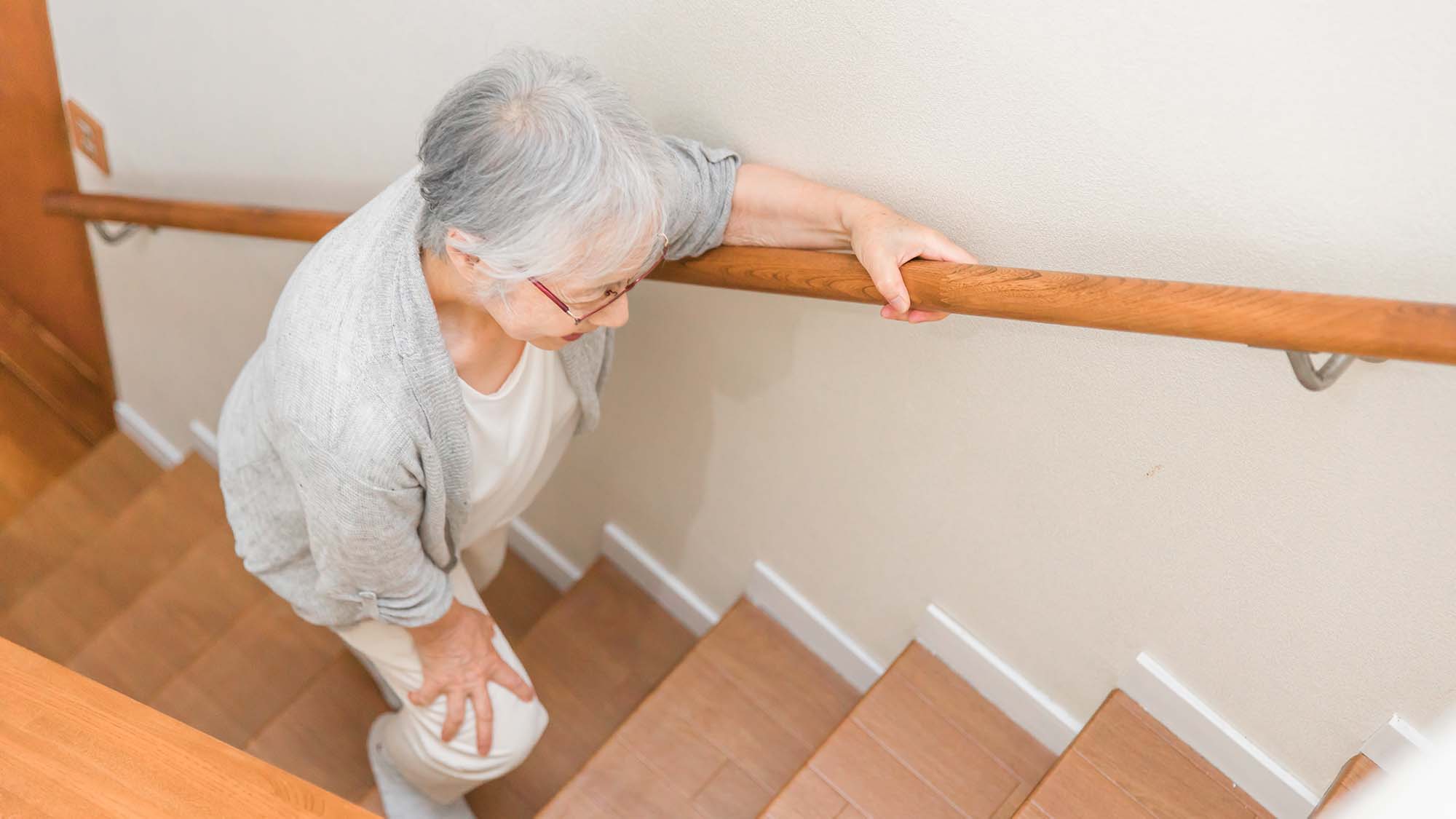
Staying safe in your home
Most falls happen in and around the home. Discover how you can assess common risks and hazards, help to prevent falls, and make your home safer.
Last updated 9 September 2024

Most falls happen in and around the home. Discover how you can assess common risks and hazards, help to prevent falls, and make your home safer.
Last updated 9 September 2024
For older adults, falls can often happen in and around the home. You can make your home safer with a little forward planning to address potential slip, trip and fall hazards.
You can assess your home and make changes to improve your safety and comfort. You can ask family, whānau, or friends to help you, or you can get a professional home assessment by an occupational therapist.
They visit your home and give you advice on how to make it more accessible and suitable for your needs. They can also recommend equipment or assistive devices that can help you with daily activities, such as grab bars and handrails.
Here are some tips for making different areas of your home safer and reducing your risk of falling.
Regularly review and update safety measures to help keep you safe from falls in and around your home.
You may qualify for publicly funded support services. You can request an assessment if you are over 65 and have health concerns or a disability. You may qualify for support with your day-to-day life at home, which includes making changes to your home that can prevent falls and injuries.
Get a needs assessment